
Adesina re-elected as president of the AfDB Group
The announcement was made on Thursday, August 27, 2020 by the Board of Governors of the Bank. As the newly re-elected President, Dr Adesina will begin his new term on September 1, 2020.

The announcement was made on Thursday, August 27, 2020 by the Board of Governors of the Bank. As the newly re-elected President, Dr Adesina will begin his new term on September 1, 2020.
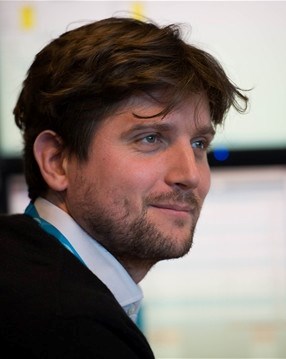
Changes forced by Covid-19 may mean the global energy mix has permanently shifted in favour of lower-carbon fuels—if governments decide to support the progress, says Engie’s Laurent Nery
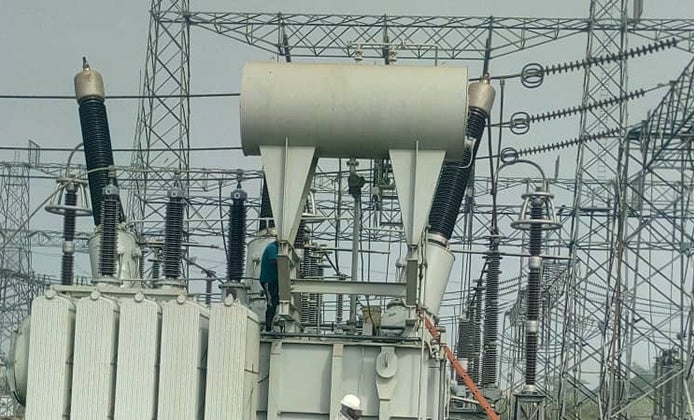
The World Bank described the power sector, particularly the distribution segment, as “operationally inefficient with high losses”.

“The World Bank is committed to supporting countries to build a resilient and sustainable future with long-term climate strategies as an integral element in their overall development plan,” said Mari Pangestu, the World Bank’s Managing Director of Development Policy and Partnerships.

The bank expressed worry that about 47 per cent of Nigerians had no access to grid electricity and those who had access faced regular power cuts.

Nigeria now has the highest number of people lacking electricity access in the world, at a total of 85 million Nigerian citizens.
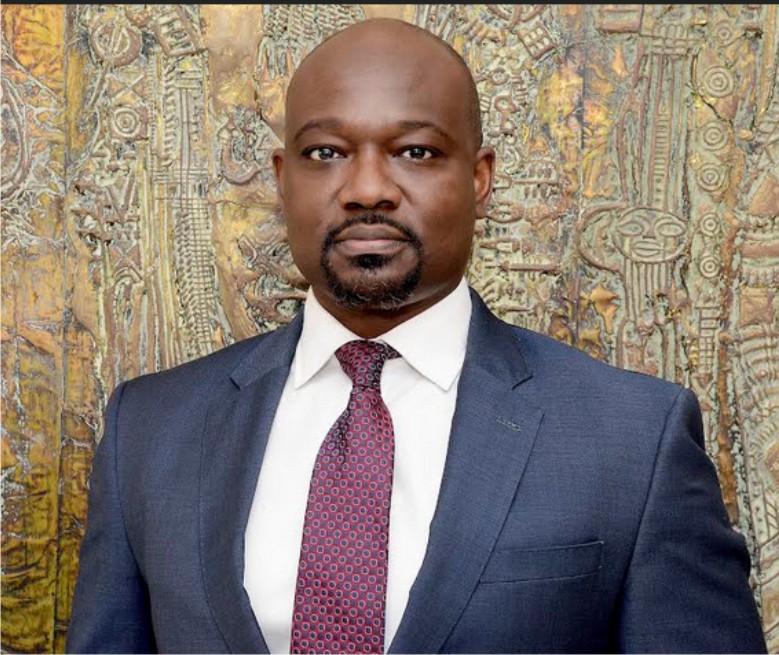
Osam Iyahen is a Director at Africa Finance Corporation (AFC), a leading investment grade infrastructure solutions provider, created by sovereign African states to provide pragmatic solutions to Africa’s Infrastructure deficit and challenging operating environment, by developing and financing infrastructure, natural resources, and industrial assets, for enhanced productivity and economic growth of African States. He is…
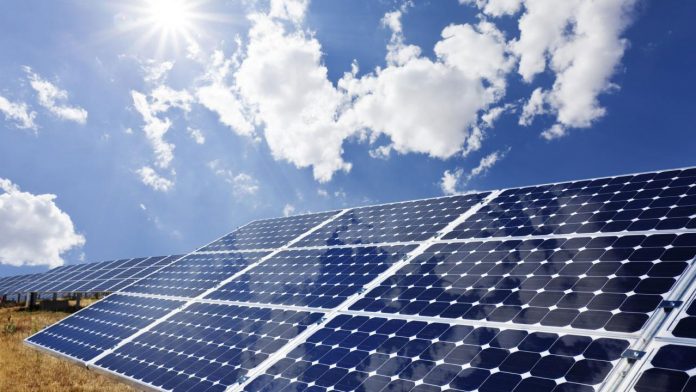
By Anastasia WALSH Grid modernisation, specifically the deployment of microgrids in rural areas, provides a promising strategy Electrification is an on-going and foundational investment, and a necessary one to realize all modern-day development objectives. Despite bullish policies, the fact remains that over 640 million Africans lack access to electricity. The effect of this is apparent….
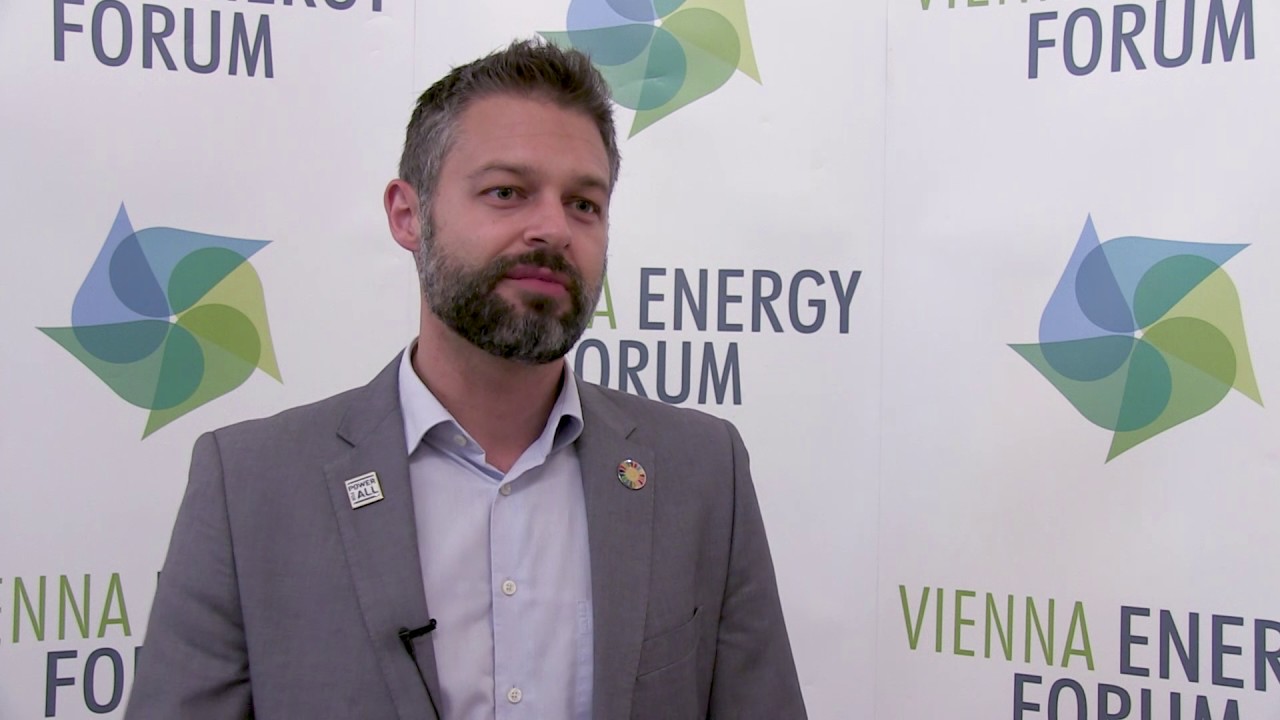
This conclusion was met upon the realisation that Africa doesn’t necessarily have a generation problem; rather a transmission and distribution problem across and in between vast areas of land. Despite reaching this potential epiphany, however, governments at the time lacked templates, frameworks, and even – in some cases – an understanding of how to develop,…
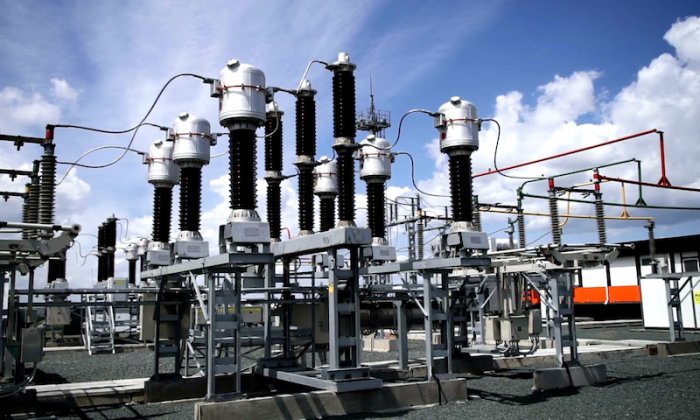
Many energy schemes across Africa wither because of the absence of effective financing structures. However, both development finance institutions and commercial lenders are committed to finding solutions that could transform the continent’s prospects. James Gavin reports. The race is on to find new ways of catalysing finance for projects that provide electricity to all Africans….